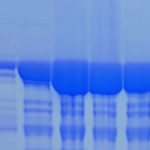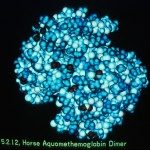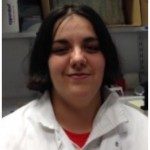Link to Pubmed [PMID] – 38243246
Link to DOI – 10.1186/s13099-023-00592-7
Gut Pathog 2024 Jan; 16(1): 4
Clostridioides difficile is the leading cause of antibiotic-associated diarrhea and pseudomembranous colitis in adults. Various C. difficile strains circulate currently, associated with different outcomes and antibiotic resistance profiles. However, most studies still focus on the reference strain 630 that does not circulate anymore, partly due to the lack of immunological tools to study current clinically important C. difficile PCR ribotypes. The goal of this study was to generate monoclonal antibodies recognizing various epidemic ribotypes of C. difficile. To do so, we immunized mice expressing human variable antibody genes with the Low Molecular Weight (LMW) subunit of the surface layer protein SlpA from various C. difficile strains. Monoclonal antibodies purified from hybridomas bound LMW with high-affinity and whole bacteria from current C. difficile ribotypes with different cross-specificities. This first collection of anti-C. difficile mAbs represent valuable tools for basic and clinical research.









